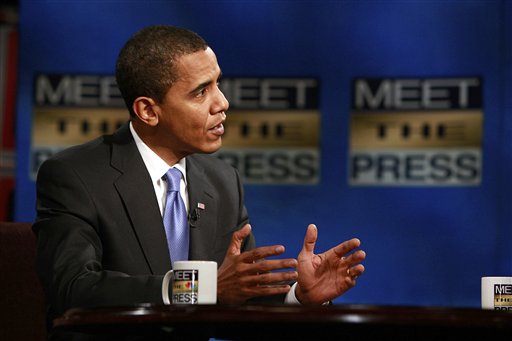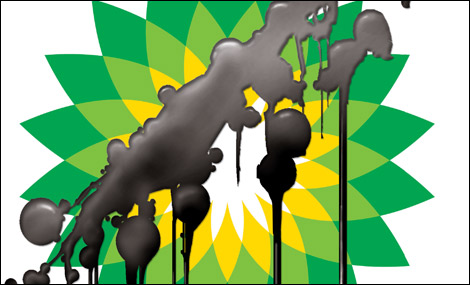I used to work with a man who was notoriously calm and self-contained. His demeanor was so low-key that it was easy to parody. I perfected an impersonation of him asking for the sale at a typical new business pitch, just to entertain the staff. I’d stare straight ahead, let all trace of expression leave my face, and utter in a flat, robotic monotone, “We’re passionate about what we do.” It always got a laugh.
It also reminds me of Mr. Obama’s latest PR problem – you know, the “President Spock” syndrome. In the wake of the Gulf Oil accident, the TV talking heads are calling for him to spill — his guts, that is. They’re in a frenzy for the President to spew more emotion, more passion, and a real connection to the crisis.
But, that’s not the real Barack Obama, at least in my view. And, while it’s true that Mr. Obama lacks the cowboy swagger of George Bush or the quick temper of Bill Clinton, anger isn’t the issue. The recent interview with the “Today” Show’s Matt Lauer showed the futility of reacting to the criticism, and of trying to be what you’re not. It’s a classic “damned if you do/damned if you don’t” situation. The President’s measured response to Lauer’s question about whether he should “kick some ass” seemed inauthentic and unsatisfying.
At this point, most Americans are too jaded and disillusioned to find much solace in threats, tantrums, and blame. We’ve had it with apologies and excuses also. It’s time for this most oratorical of leaders to stop talking and display three things: action, authority, and decisiveness. These attributes, I believe, fit him better than anger or frustration. The public lost confidence in BP’s ability to contain the situation weeks ago, and the White House has been tarred with the same brush of ineptitude and indecision. It needs to step in decisively and take charge of the Gulf oil fix before meting out penalties and punishments. Risky? Of course, but not nearly so risky as the current course.
The President needs to stop trying to channel Clint Eastwood and take control of the containment and cleanup process. It’s not about getting mad, it’s about getting going. That would make my day.

